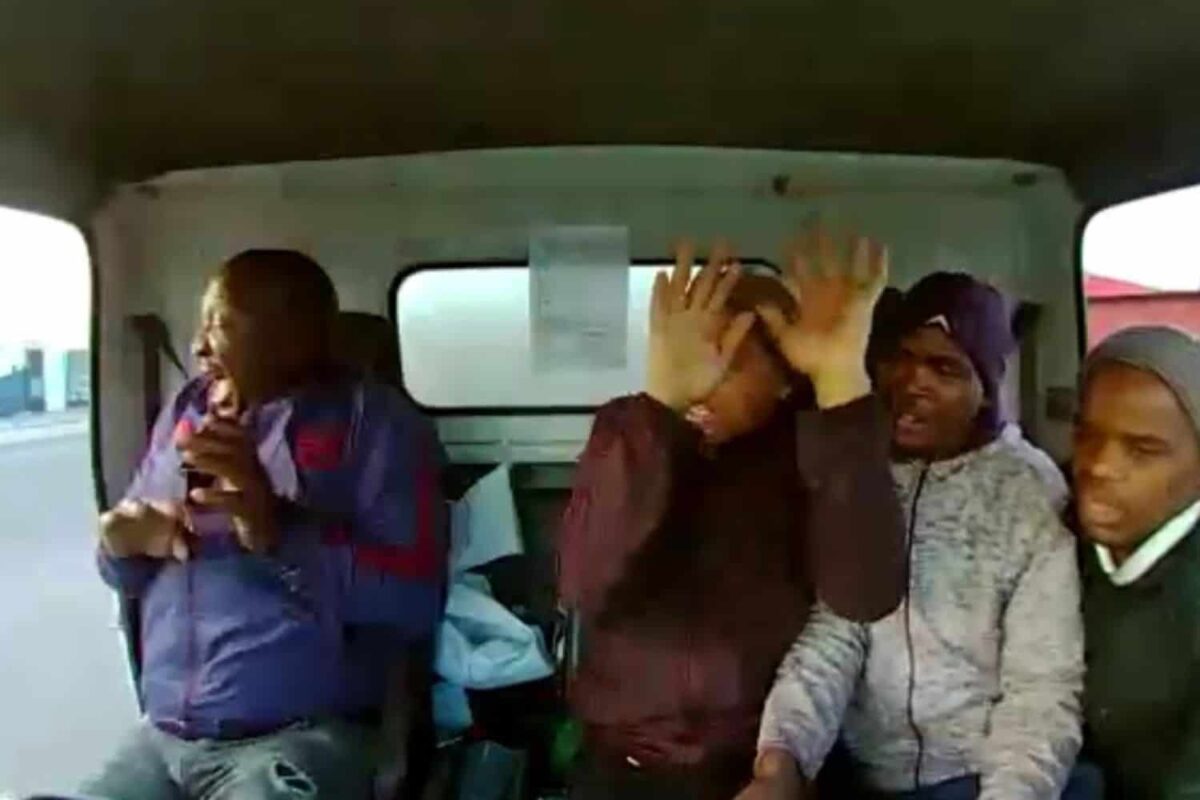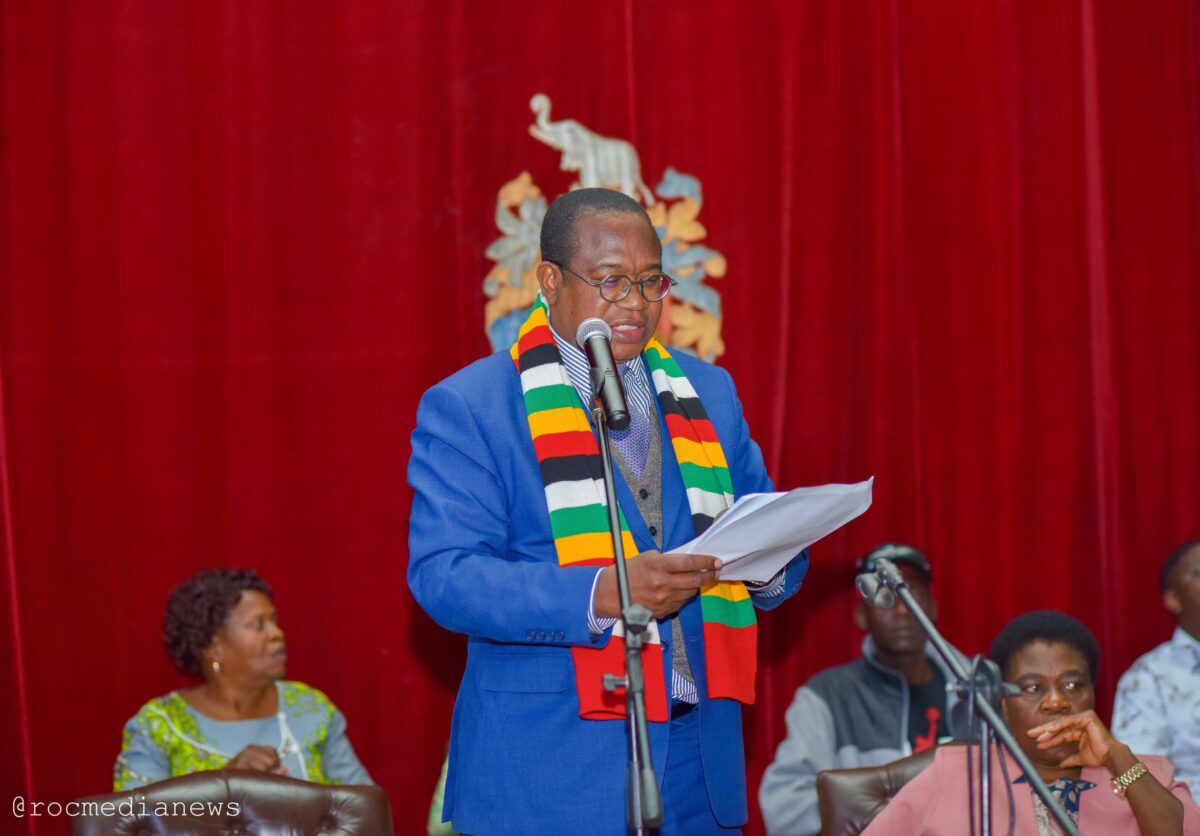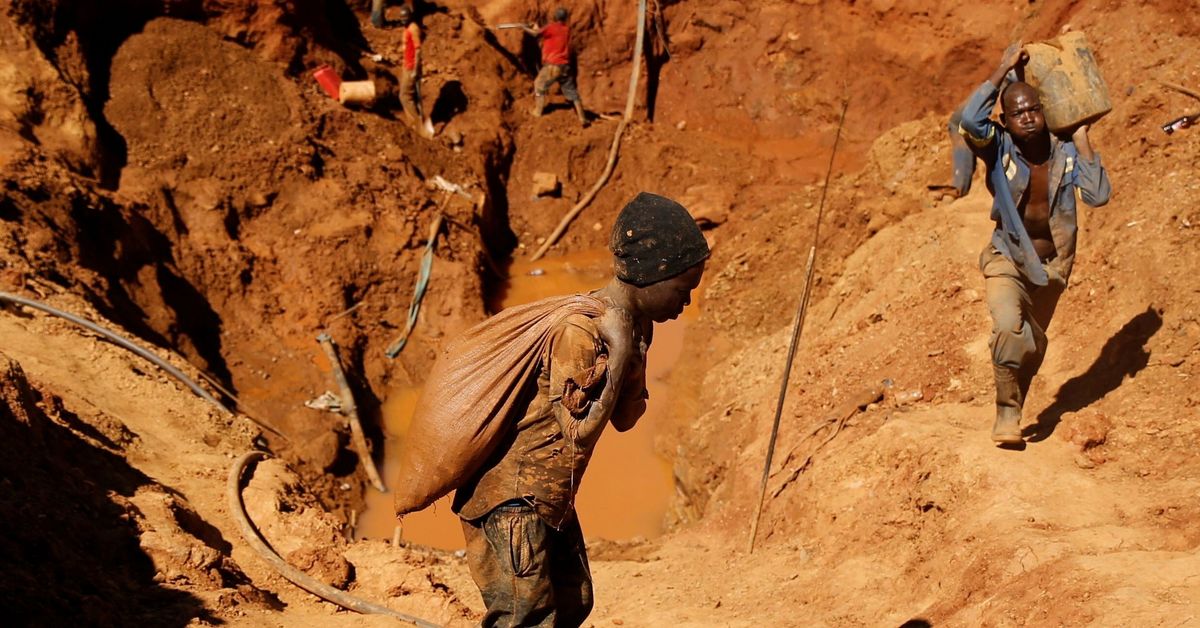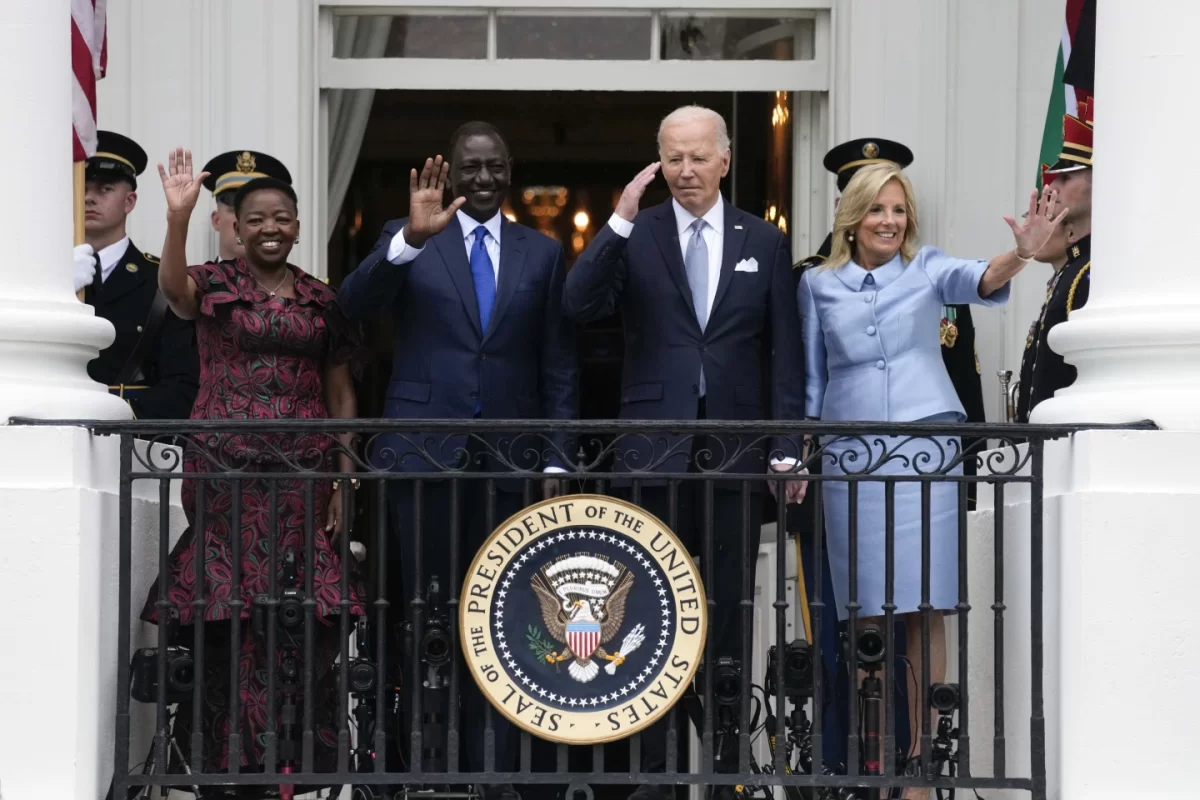HARARE – The government says it will carry out more demolitions of illegal structures in the Harare as part of its ambition to create “smart cities”.
Over the weekend, the government directed the City of Harare to demolish illegal vending stalls in Mbare, a bustling suburb in the capital.
The Mbare demolitions reminiscent of the infamous Operation Murambatsvina targeted market stalls erected by street vendors.
Harare Provincial Development Co-ordinator Tafadzwa Muguti told a news conference on Tuesday that the government’s development plan was now in full throttle and that the law would descend on rogue space barons appropriating council land.
“Harare metropolitan province is now a no-nonsense area for rogue elements collecting money purporting to be coming from the ruling party Zanu PF,” Muguti said.
“It is difficult to plan a good smart city… without us having control over the land which belongs to council. So on the demolitions, we are proceeding from Mbare to all local authorities. We are therefore asking anybody who has been operating illegally at spaces that they know that they do not have papers from the local authority to please remove their wares and materials.”
Last June the High Court stopped state-sanctioned demolitions of properties in Harare and Chitungwiza after the Zimbabwe Lawyers for Human Rights (ZLHR) filed an urgent court application on behalf of residents.
Harare and Chitungwiza councils came under fire for demolishing the structures without a court order as required by the law.
Central government’s fresh calls for demolitions is likely to face resistance from the informal traders. Vendors affected by the demolitions are likely to return, such has been the cycle since 2005 when Operation Murambatsvina was enforced.
Minister of State for Harare Oliver Chidawu, when asked what measures the government will take on vendors that perpetually return to operate in demolished areas, declared that they would remove them again.
He added: “They are not returning there, there are designated places where people must trade, if they go in the streets we will remove them and that’s precisely what we have done. Previously, they were removed and they went back because we had not provided adequate alternative space for them.
“Now the alternative space has been given which is Shawasha grounds. They will fit in Shawasha grounds.”
















